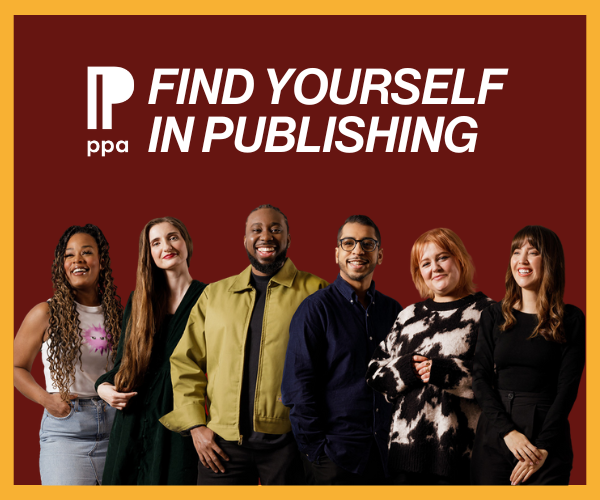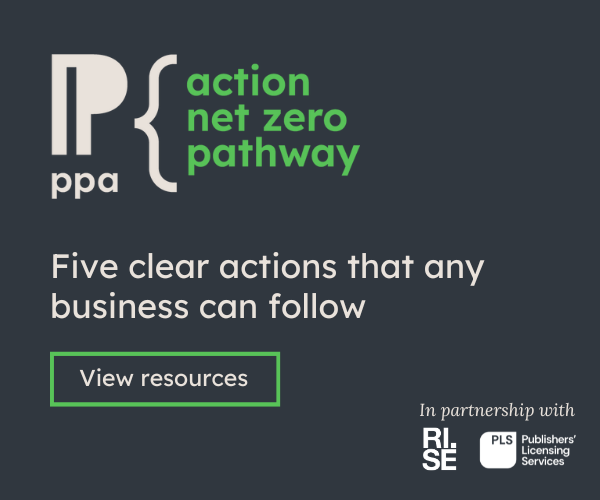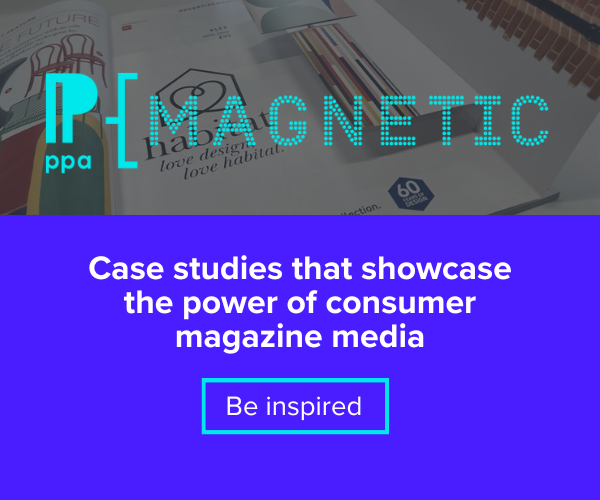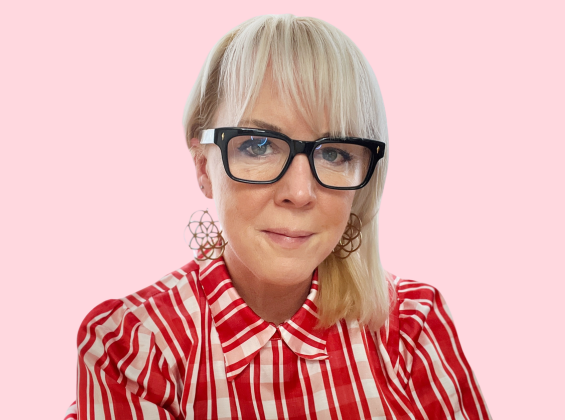(Photograph: National Trust’s Kinver Edge, Staffordshire, is National Trust Images/Trevor Ray Hart)
Tell us about The National Trust _Magazine_and what is it about, who reads it, what is its ethos/philosophy?
Above all else, National Trust _Magazine _is a membership benefit and we are proud of the high quality of our editorial writing, imagery and tone. We aim to inspire as many of our 5 million members as we possibly can to open their magazine and read it, and get more from their membership as a result. The magazine is the Trust’s ‘thank you’ to our members for their support. We want them all to feel that it adds to their experience of being a supporter of the National Trust, and provides a link between their time at home and their visits to our places, and the cause they’re supporting by being a member. The Trust’s mission is to look after special places for ever, for everyone, so we try to showcase all parts of that in every issue. The magazine’s editorial is deliberately layered so that readers can take different amounts from each article depending on whether they prefer to flick through quickly and stop on anything that snags their interest or to start at the contents page and read every page from start to finish. We want them to find something to enjoy reading, whoever they are and whatever their reason for joining the Trust.
Looking back to 2016, The National Trust Magazine won Membership Magazine of the Year 2016 at the PPA Independent Publisher Awards. What do you put the win down to? What did it mean to you and the team?
It meant an enormous amount to all of us. The changes I’d made up to 2016 to improve the magazine took the best part of four years to implement, and they’re working and we can prove it, which is really heady stuff. The Award was a lovely recognition of how far the magazine has come, and an acknowledgement of everyone’s hard work and how it’s paid off. We’re a small team and everyone has a key part to play. This was the first time we’d entered the Awards, so when I heard we’d been shortlisted I booked a table for the dinner and along with our editorial team invited our lead designers, proofreader, print manager, production manager and a representative from our supporter development team, so everyone involved in making the magazine got to share in the success. We were all so excited to win the Award and have our work celebrated and recognised by our industry.
How has The National Trust Magazine evolved as a magazine in recent years? What have been some of the highlights?
When I started here I took a year to work out what the organisation and the readers wanted from the magazine, explore what it was already doing well and where there were opportunities for improvement. My team and I tested a few ideas and learnt a lot. Then we commissioned research to find out who wasn’t reading the magazine, and if not, why not. That was a bruising set of sessions to listen to as we sat behind a mirrored wall, but incredibly useful. We worked out that by making some changes we could reach more of these people without alienating our core readers. The result was a team restructure, a magazine restructure and a redesign, a new ad agency, and a magazine that focuses much more on what the members wanted from it and linked more closely with what the rest of the organisation was doing.
For me, highlights are when the readers write in and tell us how much one of our articles has meant to them, whether it’s joy at seeing people like themselves in our imagery or pleasure at something we’ve written. We had someone write in who had changed her entire career path to become a land conservationist based on one of our stories. We get to pass on lovely feedback to properties or volunteers where people have had a really wonderful day or where an event or exhibition has made them look at conservation in a new way. Not all our correspondence is this positive, so letters like these examples really lift all of our days and remind us why we’re here doing what we do.
In which areas do you currently see the biggest opportunities?
I think there’s still more we can do to continue to make our content ever more relevant to ever more people, and communicate the Trust’s cause at the same time. There are people who still don’t realise we’re a charity or understand the scope of what we do, and the magazine has a key role to play in changing that. We’re spoilt for choice in the stories we have to tell and we’re lucky on the magazine team to have the luxury of more time than pretty well anyone in the organisation to devote to scheming up ways to tell them in the best possible ways. I’m currently working with colleagues in our supporter development team to explore ways to make more of these opportunities. This year, for instance, I’ve been heavily involved in the creation of a new series of National Trust podcasts, which are available now to everyone, not only members. The podcasts make use of our own rangers, gardeners and conservators as presenters, and offer listeners a wonderful glimpse into the gardens, walks and authors who inhabited nine of the places we look after.
What are the biggest challenges you face as a business?
Probably the same as most other British magazines – the unknowns of a post-Brexit Britain, competition from other forms of media, and so forth. But it’s an exciting time too and there are plenty of opportunities ahead, I’m sure.
What are your top tips for other independent publishers?
I’d say have a clear framework and clear objectives for your magazine, but don’t let these become a straitjacket. It sounds obvious, but it’s important that your senior stakeholders know what the magazine is trying to do and why, and that they agree with your aims. I wrote a strategy for our magazine about two years after I started here, and I refer back to it when I’m having discussions about what should or shouldn’t appear in the magazine. But it’s important to be flexible, too, as organisational needs change over time.
If you come from a background in publishing houses, as I did, it can be a bit of a change to edit a magazine when you’re suddenly the only magazine editor in a large organisation, particularly one with a reputation and public profile as high as the Trust’s. It’s empowering, because you’re the only one who really knows, but can also be isolating for the same reason. I’ve found making friends with other membership magazine editors has really helped, as they understand what it’s like and we can support each other and share ideas and common concerns that are sometimes unique to this world.

National Trust Images/Chris Lacey
How did you first get into publishing?
I’ve always been really interested in finding out more about the world around me and sharing that with other people in an accessible way. Following my degree, work experience and early editorial assistant opportunities at Natmags led me eventually to a staff writer role on what is now BBC Focus at Immediate Media. I loved that job and developed a real passion for popular science communication. I had some wonderful opportunities, including joining science expeditions to Kenya to study maneless lions and South Africa to work with meerkats. I worked my way through the ranks at Focus and was part of the team that won the PPA Consumer Specialist Magazine of the year in 2007. I also had the chance to gain professional training qualifications and to work on launches. I launched and edited BBC Knowledge Magazine, which gave me the chance to apply what I’d learnt about popular science communication to history and natural history – and also to make the jump from deputy editor to editor, which I think can be huge.
What gives you a kick about working in this industry?
I love good quality writing and editing. I love the buzz when a feature idea is just right, or I come out of an interview with a truly inspiring person who has done amazing things with their life, or I work at an edit until it reads beautifully and warmly, with the writer’s voice coming through just enough and the magazine’s tone overlaying it and bringing it together with everything else in an issue. I really enjoy the jigsaw puzzle of flatplanning, too, and balancing an issue just right for the reader and the organisation. In editing National Trust Magazine I feel completely fulfilled professionally because I believe wholeheartedly in the Trust’s goals of taking care of precious landscapes and wonderful countryside, glorious coastline and houses and gardens with deep and resonant histories, now and for future generations. I learn all the time in this role. I’ve even had the chance to co-write a book (The National Trust Tour of Britain). I like the feeling that I’m playing my own small part in helping the Trust do what it’s here to do.
What’s your favourite magazine or magazine brand?
Good Housekeeping. Having got my first work experience there, I owe a lot of my early understanding of audience and quality and magazine process to the team from that time. The quality of their interviews is always really high and I think they handle their real-life stories with great positivity, sensitivity and tact. I also enjoy The Big Issue, for what it does and how it does it, and Kew Magazine, which I think is a great example of a membership magazine that really knows its audience.
Tell us something about yourself that we might find surprising?
I’m passionate about horses and horse riding and one of the great joys of my past life that I want to return to now my kids are a little older is to ride in cross-country events over fixed fences. In the meantime, I get that buzz from night-running and muddy trail-running events.
To get the next Independent Viewpoint Interview delivered directly to your inbox, register for emails from the PPA in the box below.
GET IN TOUCH










